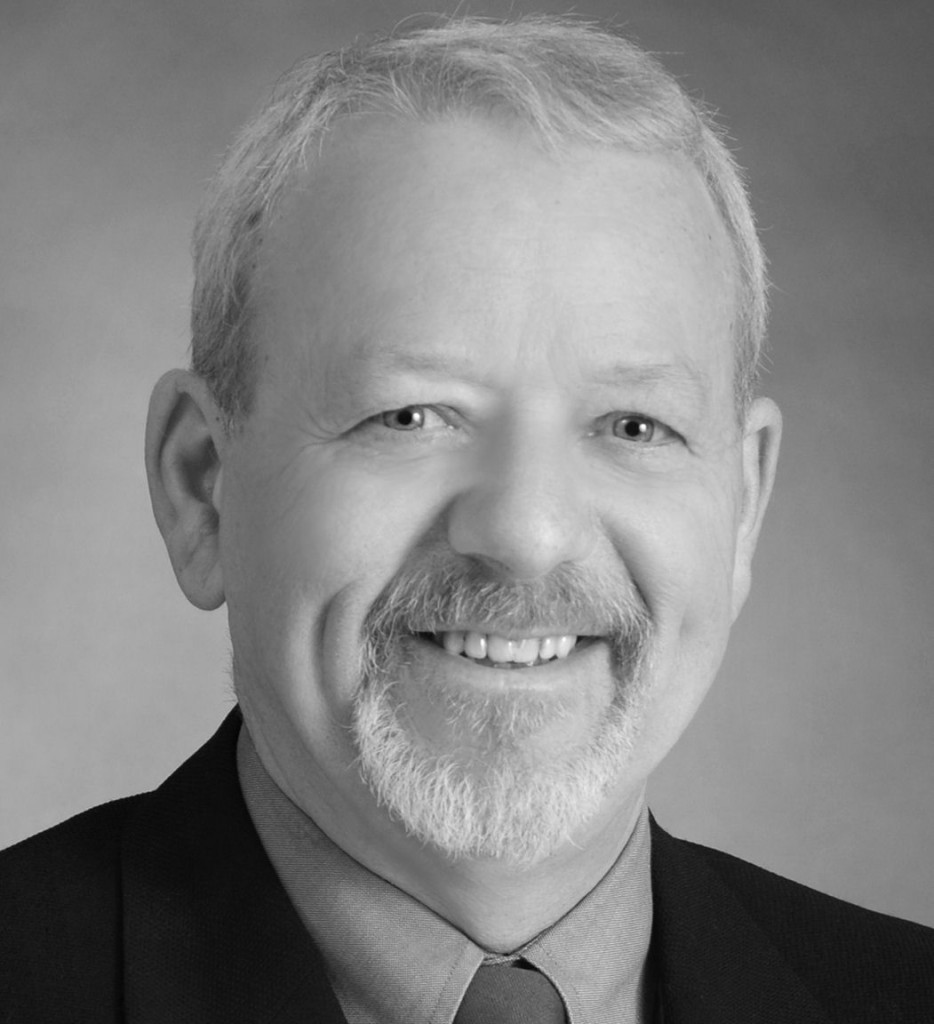I am a prairie boy, born and raised in Calgary. Even to this day, the memory of those vast, flat landscapes with the Rocky Mountains on the skyline, is irresistible. But I also recall the impact of the Silent Generation who lived through the war and made Calgary, aka The Radiant City, a particularly comfortable place for the style of materialism and consumerism common to 50s North America, and still prevalent today.
I began my musical life as a flutist and was doing quite well until I heard the plangent sounds of the Japanese flute called the shakuhachi. If you’ve seen the movie Baraka and recall the haunting flute music during the opening credits, you’ll know exactly what I mean. What followed was a journey to the heart of music down the path (道 dō) of “buddhology”, my minor as a graduate student pursuing a Master of Music in Ethnomusicology. The research trip to Japan clinched the deal. I also discovered that I would never see and hear Western music again without the eyes and ears of a buddhologist and ethnomusicologist.
Side trips to the music and dance of the Kwakwaka-wakw (Kwakiutl) kept my hand in the field of ethno as I made a living in the world of Early Music and the recording studio as a session musician. The highlight? Playing the shakuhachi and yokobue for the soundtrack of Platoon. Or maybe it was portraying a Komuso at Expo 86.
An entirely new and unexpected turn of events led me to morris dance, the folk dance of England that is a curious mix of square-dance and rugby. The world of morris dance and its sister folk art, mumming, is so rich and complex that it begs for deeper study. Hence my enrolment in a Ph.D. program of study and my dissertation topic: Rough Music, Rough Dance, Rough Play: Misrule and Morris Dance. The seminars and readings on postmodernism, cultural studies, critical theory, and ethnography added yet more fuel to the bonfire that is my curiosity about the musical condition of humanity.
After moving far and wide through the academic and lived experiences of various musics around the world, I became curious about the music of my “home”, variously defined as Canada, the West, British Columbia or Vancouver, depending on my focus at the time. My frequent travels across Canada as a woodwind, brass and percussion examiner for the Royal Conservatory of Music heightened those feelings. Such an about-face is typical in ethnomusicology, where some ethnos bring their skills and insights to the music of their back yards. And what is the most prominent and most persuasive musical sound here at home? Popular Music – the soundtrack of our lives. My curiosity also extends to the music of our Canadian First and Second Nations.
These days I am in search of the musical identity of Canada. No mean feat, given that Canada is a complex melange of cultures where no one group of people and their music is more privileged than another, no matter when they arrived in the history of Canada. The topic is vast and unwieldy, as it is urgent and timely. My years in the Canadian Society for Traditional Music taught me that contradiction.
In the meantime, I kept my musical sensibilities in order by playing a cornet in a local British Brass Band to 2013, then the fiddle up to the present time.
